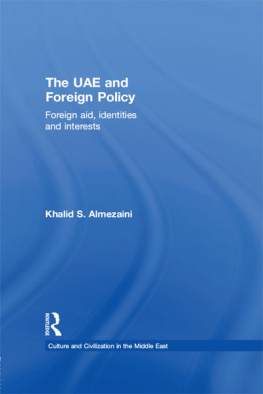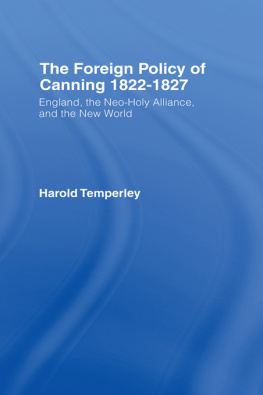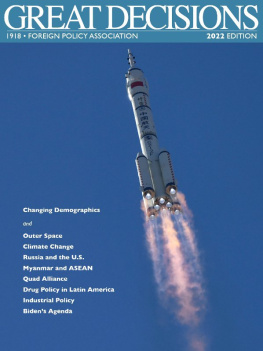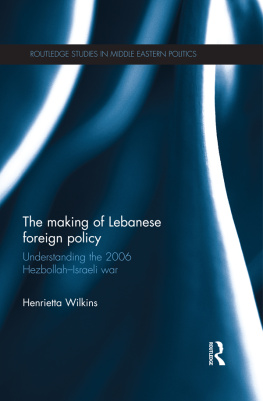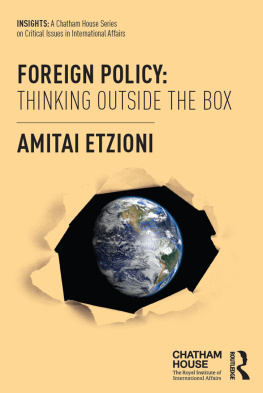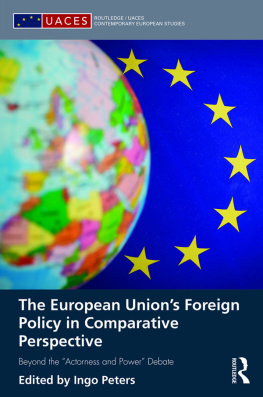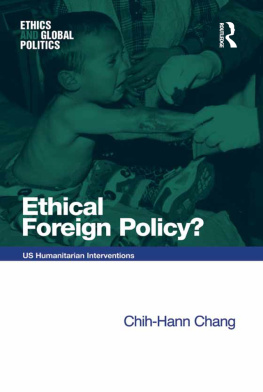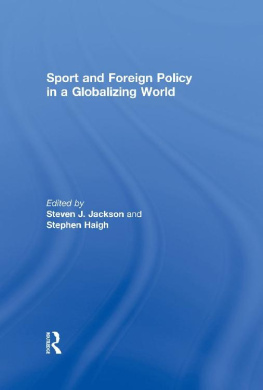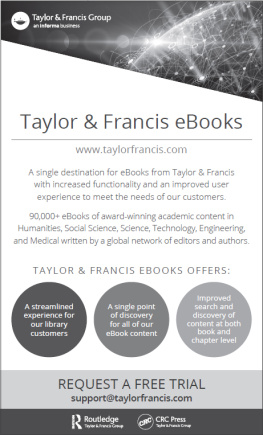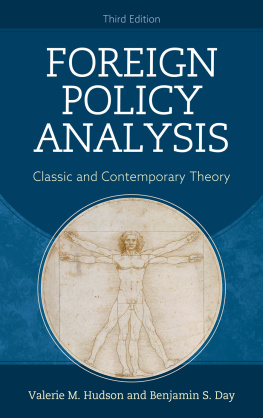The UAE and Foreign Policy
This book offers a concise and detailed analysis of the United Arab Emirates (UAE) foreign aid as a main instrument in its foreign policy. Exploring the cultural factors that have impacted on the foreign policy behaviour of the UAE and its foreign aid, the author argues that Arabism and Islamic traditions have shaped the country's foreign policy in general and foreign aid in particular.
Examining in depth the motives and purposes of this large aid programme through the lens of International Relations theories (IR) (mainly constructivism and rationalism), the book details the UAE's foreign policy and aid programme since its inception. Drawing on a comprehensive analysis of two major recipients of aid from the UAE Palestine and Pakistan the focus moves beyond the UAE to show how cultural factors have impacted on the behaviour of the states across the wider Arab Middle East.
This critical assessment and analysis of the UAE's foreign policy will be of particular interest to students, researchers and academics interested in Middle East studies, the Gulf States, Middle East politics, and foreign aid and foreign policy.
Khalid S. Almezaini is a visiting research fellow at the Centre for Middle Eastern and Islamic Studies at the University of Cambridge. He is co-editor-in-chief of the International Journal of Arab Studiesand his research focuses on Middle East politics, foreign policy, national identities and the political economy of the Middle East in general and the Gulf states in particular.
The UAE and
Foreign Policy
Foreign aid, identities
and interests
Khalid S. Almezaini

LONDON AND NEW YORK
First published 2012
by Routledge
2 Park Square, Milton Park, Abingdon, Oxon OX14 4RN
Simultaneously published in the USA and Canada
by Routledge
711 Third Avenue, New York, NY 10017
Routledge is an imprint of the Taylor & Francis Group, an informa business
2012 Khalid S. Almezaini
The right of Khalid S. Almezaini to be identified as author of this work
has been asserted by him in accordance with sections 77 and 78 of
the Copyright, Designs and Patents Act 1988.
All rights reserved. No part of this book may be reprinted or reproduced
or utilised in any form or by any electronic, mechanical, or other means,
now known or hereafter invented, including photocopying and recording,
or in any information storage or retrieval system, without permission in
writing from the publishers.
Trademark notice: Product or corporate names may be trademarks or
registered trademarks, and are used only for identification and
explanation without intent to infringe.
British Library Cataloguing in Publication Data
A catalogue record for this book is available from the British Library
Library of Congress Cataloging in Publication Data
Almezaini, Khalid S.
The UAE and foreign policy: foreign aid, identities and interests/
Khalid S. Almezaini.
p. cm. (Culture and civilization in the middle east)
Includes bibliographical references and index.
1. Economic assistance, Emirati. 2. United Arab Emirates Foreign
relations. 3. United Arab Emirates Foreign relations Arab countries.
4. United Arab Emirates - Politics and government. I. Title.
HC60.A4845 2011
338.91095357 - dc22 2011000885
ISBN: 978-0-415-59711-1 (hbk)
ISBN: 978-0-203-81575-5 (ebk)
Typeset in Times New Roman
by Florence Production Ltd, Stoodleigh, Devon
To my beloved parents
Contents
Figures
Tables
Preface
The question this study asks is Why do states give aid? In particular, Why does the UAE, a small, rich and developing country, provide aid? Although the former question may seem old, the latter is very new. Analysis of the financial flows and aid from Arab countries to other developing countries has rarely been studied. The UAE, as an aid donor, might be surprising, for one thing, because most Middle Eastern countries are aid recipients. Along with the four main aid donors in the region (Saudi Arabia, Kuwait and Qatar), the UAE occupies a significant position among the world's aid donors. Being the third largest aid donor in the region and one of the world's most generous countries in relations to Gross Domestic Product (GDP), the UAE pursues diverse objectives; mainly humanitarian, moral and diplomatic.
Assessing and analysing the foreign aid of the UAE is a challenge because of the lack of substantial official and non-official statistics. However, this study has managed to gather enough statistics to provide a thorough examination of the country's aid programme. My thesis, begun in 2004-5, contained repeated calls for the establishment of a bureau to monitor and report UAE aid, yet it was only after the completion of my studies in 2009 that the UAE government finally set up an office to coordinate and monitor its foreign aid programme. In June 2010, the UAE Office for Coordination of Foreign Aid (OCFA) released its first official report, although it only covers the year 2009.I have used the new statistics to update my findings.
The aim of this study is to critically examine not only the foreign policy of UAE, but also to look at the underlying principles in the allocation of the country's foreign aid. Using and adopting theories of international relations (IR) to examine aid from Arab oil-producing countries in general and the UAE in particular, this book will, overall, broaden understanding of aid programmes from this region. It focuses on how cultural factors such as Arab identity and Islam influence the orientation of UAE foreign aid, as well as explaining the true objectives of the country's generosity since the 1970s. Therefore, this book, which grew out of my doctoral thesis at the University of Exeter, will be of considerable interest to students, researchers and practitioners in international relations, Middle East politics and foreign aid. It is the first study to provide full account of the UAE foreign aid.
The first chapter provides conceptual and theoretical analysis of foreign aid with special reference to IR theories and examines why Arab states give aid. look at the UAE's largest aid recipients: Palestine and Pakistan. Given the importance of other countries to the UAE, these two countries, Palestine in particular, have received the largest portion of UAE aid for several reasons.
Acknowledgements
This book could not have been written without the support, encouragement and help of many people who contributed to the success of my work over many years. This book, which grew out of my doctoral thesis, remains indebted to former colleagues and friends during my doctoral years. First and foremost, I would like to express my deep thanks and gratitude to Professor Tim Niblock. As a supervisor, he has guided me and encouraged me to complete this work. It would not have been the same without his constructive suggestions, support, insightful judgements and his great generosity in giving me time.
Also, I wish to express my gratitude and profound appreciation to Professor Tim Dunne. His comments and guidance on many areas of my thesis have contributed greatly to this research. His encouragement to engage deeply in other aspects of this field widened the scope of my study of International Relations. Also, I would like to express my gratitude to Dr Larbi Sidiki. His support and attention during the early stages of my PhD was remarkable.

